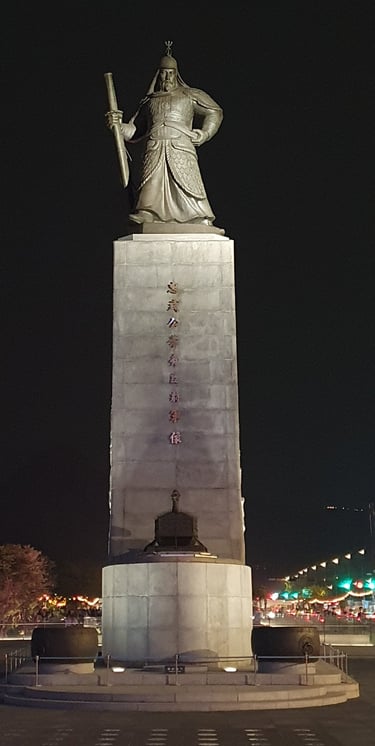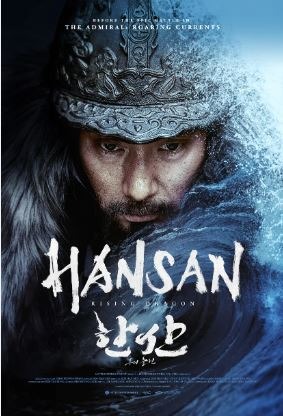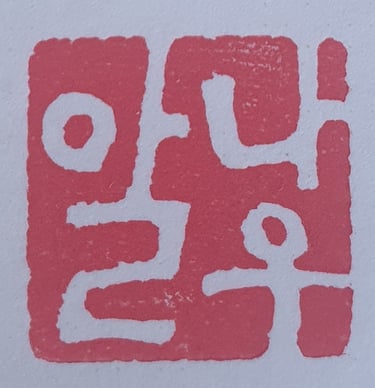Admiral Yi Sun-sin: Legendary Hero of Korea


Admiral Yi Sun-sin, born on April 28, 1545, and killed in action on December 16, 1598, is one of the most iconic and revered figures in Korean history. His bravery, tactical genius, and unwavering dedication to defending his country from Japanese invasion during the Imjin Wars have made him a national hero. This article delves into the life, military achievements, and lasting legacy of this exceptional admiral.
Early Life and Education
Yi Sun-sin was born into a yangban family (Korean nobility) in Hansung (modern-day Seoul). From a young age, he displayed remarkable aptitude for martial arts and military strategy. At the age of 32, he passed the military exam, gwageo, demonstrating impressive skills in archery and horseback riding, which were crucial for a soldier at the time.
Early Military Career
After passing the military exam, Yi Sun-sin was appointed to command several fortresses and military posts. He became known for his integrity, strict discipline, and ability to effectively mobilize and train his troops. However, his career was temporarily hindered by political rivalries and unfounded accusations, leading to a period of disgrace.
Imjin War (1592–1598) and Rise as a Naval Commander
Yi Sun-sin's career took a decisive turn during the 1592 Japanese invasion, led by daimyo Toyotomi Hideyoshi. The Japanese, with superior naval and land forces, sought to conquer Korea and use it as a springboard to invade Ming China. Yi Sun-sin was appointed commander of the Jeolla Province naval fleet, where he quickly proved himself a master of naval warfare.
The Battle of Hansando
One of Yi Sun-sin's most famous victories was the Battle of Hansando in 1592. Using the "Crane Wing Formation" (hakikjin), Yi was able to encircle and destroy a Japanese fleet that greatly outnumbered his own, inflicting heavy losses on the enemy. This victory boosted Korean morale and severely disrupted Japanese supply lines.
The Turtle Ship (Geobukseon)
Yi Sun-sin is also famous for innovating naval design with the creation of the turtle ship (geobukseon). This armored ship had a spiked metal-covered deck to prevent enemy boarding and was equipped with cannons on its sides and front. The geobukseon played a crucial role in several battles, allowing the Korean navy to secure decisive victories over the Japanese.
Final Years and the Battle of Noryang
Despite his successes, Yi Sun-sin fell victim to jealousy and political intrigue, leading to his dismissal and imprisonment. However, with the Japanese threat persisting, he was reinstated as supreme commander of the Korean naval forces.
The Battle of Noryang in December 1598 was one of Yi Sun-sin's last and most significant victories. Allied with Ming Chinese forces, he dealt a crushing defeat to the Japanese fleet. However, during the battle, Yi Sun-sin was fatally wounded by enemy fire. His final words, "The battle is at its height, do not tell the others of my death," reflect his total dedication to his country’s cause.
Legacy and Recognition
Admiral Yi Sun-sin is celebrated as one of the greatest military heroes in Korean history. His tactical brilliance, courage, and integrity make him a model of military leadership. Numerous monuments and statues, including the famous statue in Gwanghwamun Square in Seoul, commemorate his accomplishments.
His war diaries, titled Nanjung Ilgi (War Diary of the Imjin War), are considered a national treasure, providing invaluable insights into his strategies and military thinking. Korean media, such as KBS, has produced TV series and films recounting his life, further solidifying his place in Korea's collective memory.
In recognition of his contributions, Yi Sun-sin was posthumously awarded the title Seonmu Ilgak Bingsa Jungjeong Gongsin, the highest military merit in Korea. His naval strategies are still studied in military academies worldwide, and his legacy endures as a symbol of courage, strategy, and patriotism.
In summary, Admiral Yi Sun-sin not only successfully defended Korea against foreign invasion but also left a lasting legacy that continues to inspire future generations. His life and achievements stand as a powerful testament to Korean resilience and ingenuity.
Admiral Yi on screen
The Admiral: Roaring Currents - 명량: 회오리바다 - Directed by Kim Han-min
Hansan: The Battle of the Dragon- 한산: 용의 출현 - Directed by Kim Han-min





